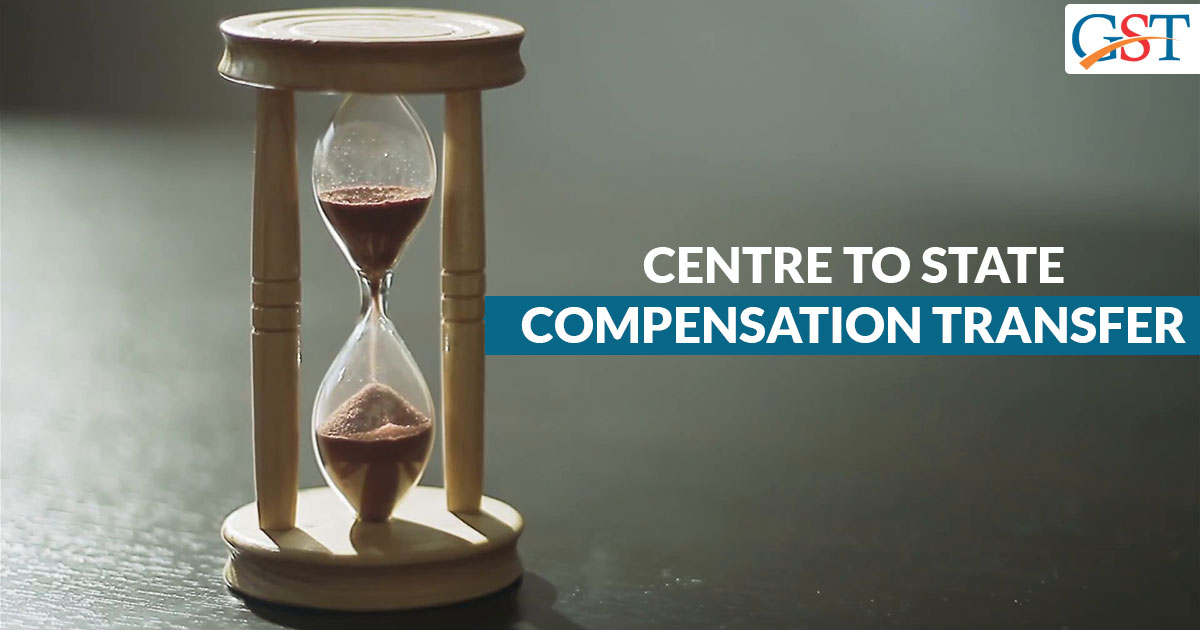The Goods and Services Tax (GST) Council is a federal body between the States and the Centre, but according to the States, Centre is enjoying the creamy side of this arrangement and letting the states wait for the dues.
GST council is proving to be a godsend for the centre but that is not the purpose behind the formation of this federation.
“The GST Council is an institution built on the cooperation of the Centre and the States in the matter of taxation,” Mr. Reddy said in an interview ahead of the release of his book ‘Indian Fiscal Federalism’ on Thursday.
According to Y.V. Reddy, former chairman of the Fourteenth Finance Commission, regarded this as an unfair practice when the Centre is procrastination the dues to be paid to the States longer than the needed and so there is a need when Centre should address states.
“It is a huge achievement,” he added. “But, in the implementation of the GST so far, the States have a feeling that the Centre is taking advantage of the current arrangement. The Centre is supposed to give money to the States, but that distribution is taking time and accounts are not being finalized. There is a feeling that the Centre is trying to keep the money longer than required.”
The former RBI Governor also along with some of the factual observations and incidences, highlighted that fact that GST was formed with the goal to favour the poorer states via decree of the transfers by the Finance Commission from the Centre to the States,but we are witnessing just a contrast situation where only the richer states are relishing the benefits because of their absorption capacity and the discretionary spending allowed by the Centre.
“Another point is that the Finance Commission (FC) awards are more in favour of the poorer States, while the non-FC expenditures actually don’t go to poorer States, they are regressive,” Mr. Reddy said.
“There is an impression that leaving expenditure to the Centre’s discretion, instead of the FC, means that they can spend on the backward States.”
Read Also: West Bengal CM Promises for Review on GST and Probe on Demonetization
“That is the assumption, but the record so far is the opposite,” he added. “The empirical evidence confirms this. The explanation is possible that political bargaining is better for the forward States, or their absorption capacity is better.”
Mr Reddy, while talking about the roles of FCs and the NITI Aayog laid stress on the fact that there was always a desideratum for the reliable federal body or FCs to manage and regulate the stable transfers to the States unbiasedly. These kinds of federal bodies should be reliable and trusted by both the States and the Centre and their impartial criteria for the allocation of funds should safeguard the interest of both states and Centre while giving full-favours to the poorer states.
The federal body should offer political bargaining that was behind the allocation of other funds to the States, such as grants in aid.
“The right way of going about it is that there should be a political forum and expertise also, which will arrive at the criteria for such transfers,” the former RBI Governor said.
“That body should come under the confidence of both the States and the Centre, and not just identify with the Centre. If the NITI Aayog were to occupy this role, then the first thing is for it to get the trust of the States.”
Mr Reddy also brought notice to the controversy about the Terms of Reference for the Fifteenth Finance Commission, recommending the calculation of the latest population at that particular period of time for which rewards are given, and then analyzing the other factor and facts that would boost the efficiency & development of the States.
“Population is the easiest and most quantifiable metric, provided it is the relevant population,” he said. “It should be a population of the period for which you are giving the award. Definitely, the outdated data is not appropriate. The latest data should be used.”
Mr Reddy wants to accost such a GST mechanism which would bring competence to the states while playing a non-prejudiced role for central as well as states.
“The whole debate is whether to reward efficiency or try for equity,” Mr Reddy added. “If you do both, they cancel out. So, the issue is how to balance these.”









